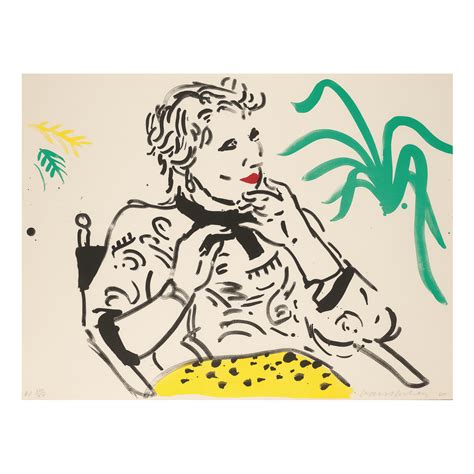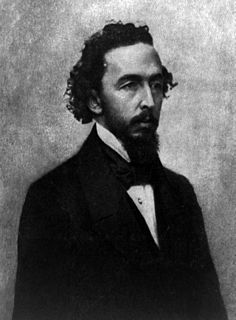A Quote by Celia Green
The charms of money are distinctly under-represented in literature. There are no songs or poems extolling its virtues. This seems on the face of it strange. The claims of money to be celebrated in verse might well seem to be no less than those of faithful dogs, beautiful women, or jugs of wine.
Related Quotes
To walk in money through the night crowd, protected by money, lulled by money, dulled by money, the crowd itself a money, the breath money, no least single object anywhere that is not money. Money, money everywhere and still not enough! And then no money, or a little money, or less money, or more money but money always money. and if you have money, or you don't have money, it is the money that counts, and money makes money, but what makes money make money?
. . . you did not seem to me over-fond of money. And this is the way in general with those who have not made it themselves, while those who have are twice as fond of it as anyone else. For just as poets are fond of their own poems, and fathers of their own children, so money-makers become devoted to money, not only because, like other people, they find it useful, but because it's their own creation.
Here's the pay paradox that Why Men Earn More explains: Men earn more money, therefore men have more power; and men earn more money, therefore men have less power (earning more money as an obligation, not an option). The opposite is true for women: Women earn less money, therefore women have less power; and women earn less money, therefore women have more power (the option to raise children, or to not take a hazardous job).
On the face of it, these look like bad times for Labour and for Ed Miliband's leadership. There seems to be no strategy, no narrative and little energy. Old faces from the Brown era still dominate the shadow cabinet and they seem stuck in defending Labour's record in all the wrong ways: we didn't spend too much money, we'll cut less fast and less far, but we can't tell you how.
Well, fancy giving money to the Government! Might as well have put it down the drain. Fancy giving money to the Government! Nobody will see the stuff again. Well, they've not idea what money's for- Ten to one they'll start another war. I've heard a lot of silly things, but, Lor'! Fancy giving money to the Government!
[There is] a strange split in thinking common to those on the religious left, who are quick to denounce the profit motive and commercialism. Yet, they seem to think that the key to happiness is giving people more stuff - by enlisting the coercive power of government. This perverse way of thinking holds that 'social justice' demands that we take money from those who have earned it and give it to those who have less of it. That's not social justice; that's materialism.
When the institutions of money rule the world, it is perhaps inevitable that the interests of money will take precedence over the interests of people. What we are experiencing might best be described as a case of money colonizing life. To accept this absurd distortion of human institutions and purpose should be considered nothing less than an act of collective, suicidal insanity.
The way that I make films is that I sit down and I think, "How much money could I get with less consequences?" And that's how I start. I'd rather have less money and total autonomy than more money and start having to answer to things, because then I'm not being true and the money men are not being true.
Everybody wants to make some money, but they really love what they do. You got others who are just "money, money, money," and fast life and women and everything. They go a whole other route. That's a fight of good vs. evil. A balance. It seems that more of these stations are pushing a negative side instead of keeping a balance, and to me, that's a conspiracy that's going on all over the planet.
The more money women make, the less violence, the less sexual crimes against women. Everything horrific and misogynistic declines. But then what you're dealing with here is "What does it mean to be in love with people who are your equals?" And that's a very beautiful thing that we should cherish, but it's also incredibly tough in some ways.
It’s a revolution. But it’s the sort of revolution that no one will notice. It might get a little shadier. Buildings might function better. You might have less money to earn because your food is all around you and you don’t have any energy costs. Giant amounts of money might be freed up in society so that we can provide for ourselves better. So it’s a revolution. But permaculture is anti-political. There is no room for politicians or administrators or priests. And there are no laws either. The only ethics we obey are: care of the earth, care of people, and reinvestment in those ends.



































